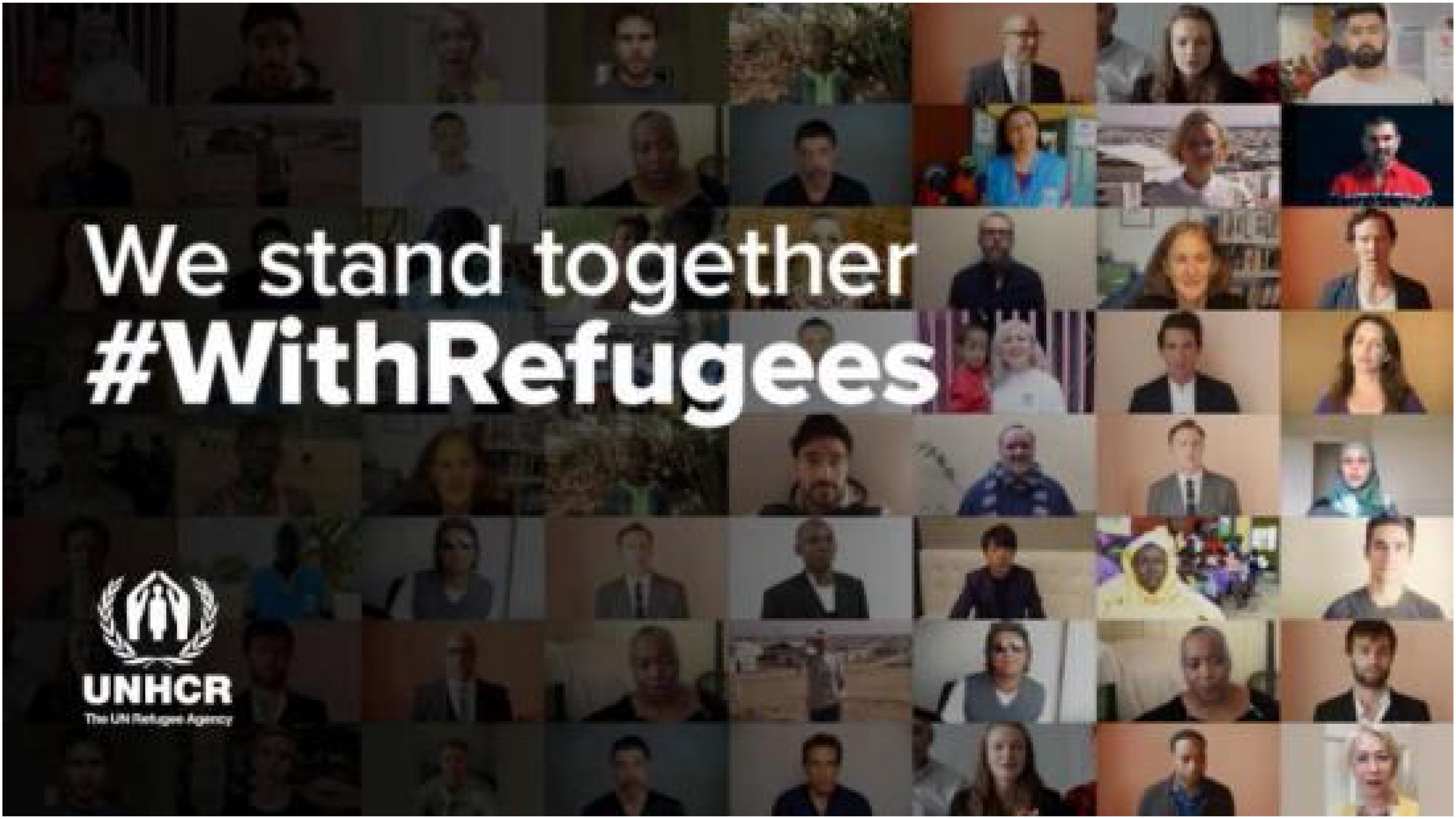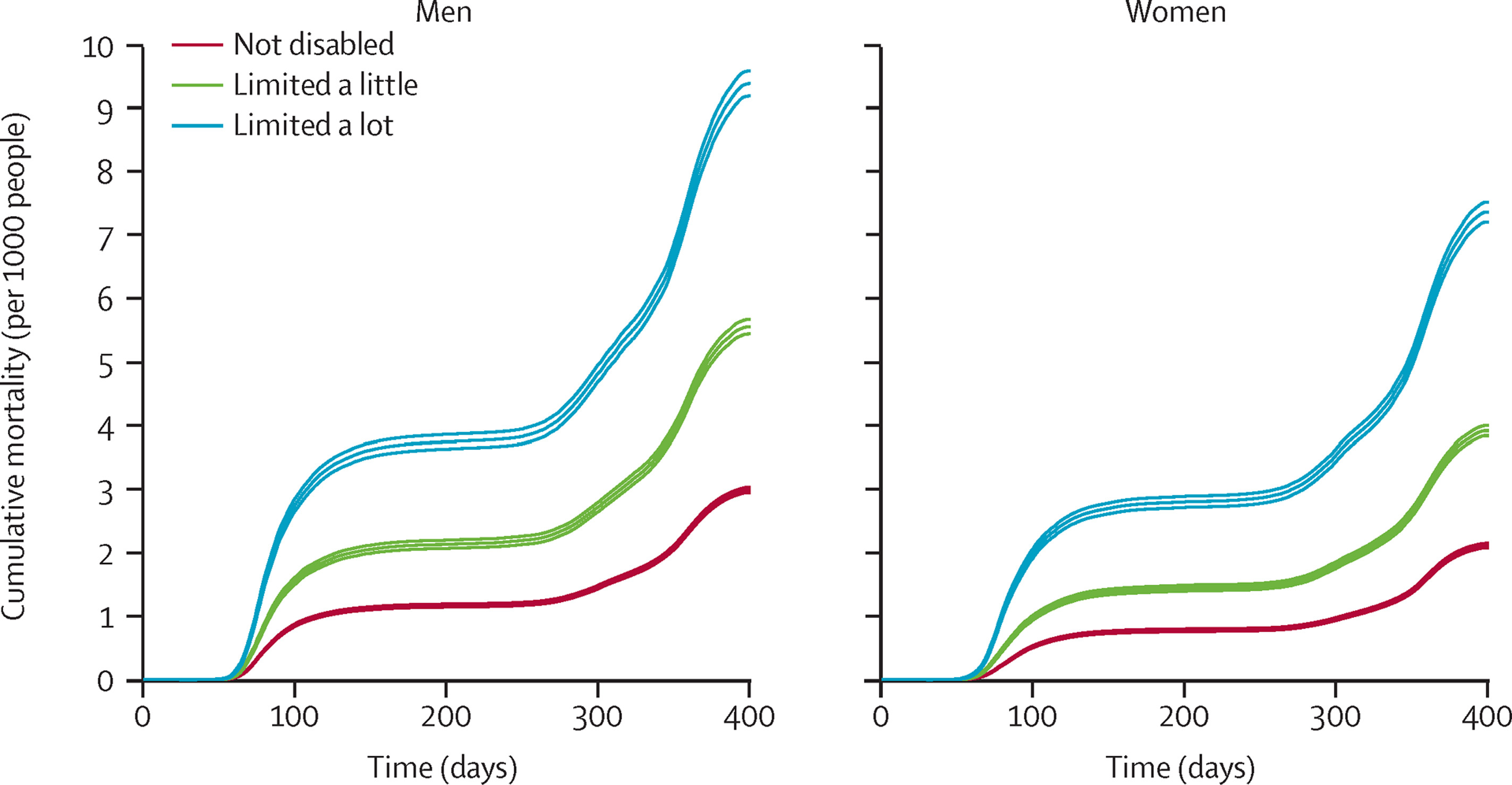A Viewpoint on Europe's response to climate change, in the context of SDGs 12, 13, and 17, focusing specifically on the use of region-specific indicators to address the main challenges and opportunities of Europe's response in the context of public and planetary health.
This article examines the role of empathy for outgroup helping, collective action and political activism among youth in Northern Ireland, a setting of protracted conflict. Integrating the Empathy-Attitudes-Action model with the Developmental Peacebuilding Model, a two-wave study was conducted to assess youth's behavioural intentions and actual behaviours toward refugees.
Background: The impact of COVID-19 on physical and mental health and employment after hospitalisation with acute disease is not well understood. The aim of this study was to determine the effects of COVID-19-related hospitalisation on health and employment, to identify factors associated with recovery, and to describe recovery phenotypes.
An interdisciplinary team of researchers and citizen scientists team up for assessing water quality in an iconic English river.
An Article in support of SDGs 12 and 13, assessing the potential benefits of moving to more sustainable diets for greenhouse gas emissions, land use, mortality, and cancer rates.
Background: People with learning disabilities are at substantially increased risk of COVID-19 mortality, but evidence on risks of COVID-19 mortality for disabled people more generally is limited. We aimed to use population-level data to estimate the association between self-reported disability and death involving COVID-19 during the first two waves of the COVID-19 pandemic in England.
An article, in the context of SDG 3, analysing the risk of Alzheimer's disease and other dementias across a range of hospital-treated bacterial and viral infections in two large cohorts.
An article on treatment for Alzheimer's disease, in the context of SDG 3, focusing specifically on whether an angiotensin II receptor antagonist can reduce brain volume loss.
Background: Natural outdoor environments including green spaces play an important role in preserving population health and wellbeing in cities, but the number of deaths that could be prevented by increasing green space in European cities is not known. We aimed to estimate the number of natural-cause deaths among adult residents that could be prevented in cities in 31 European countries, if the WHO recommendation for universal access to green space was achieved.



